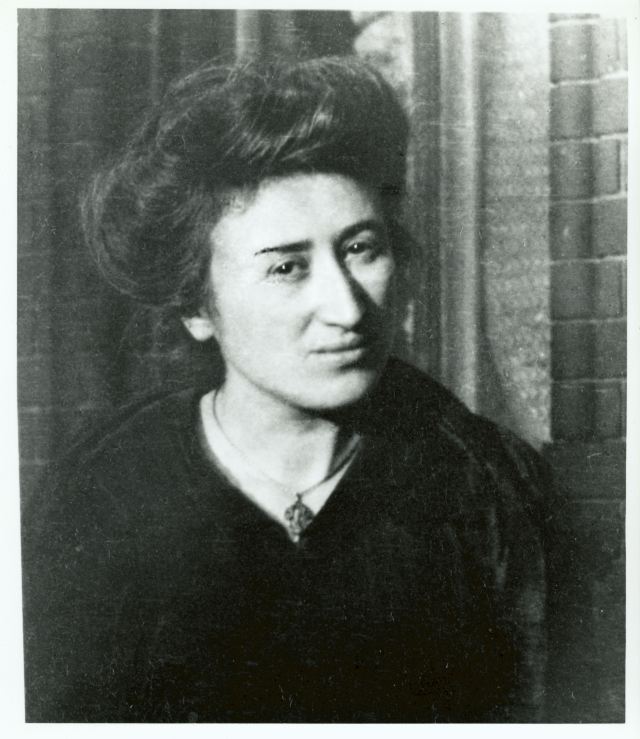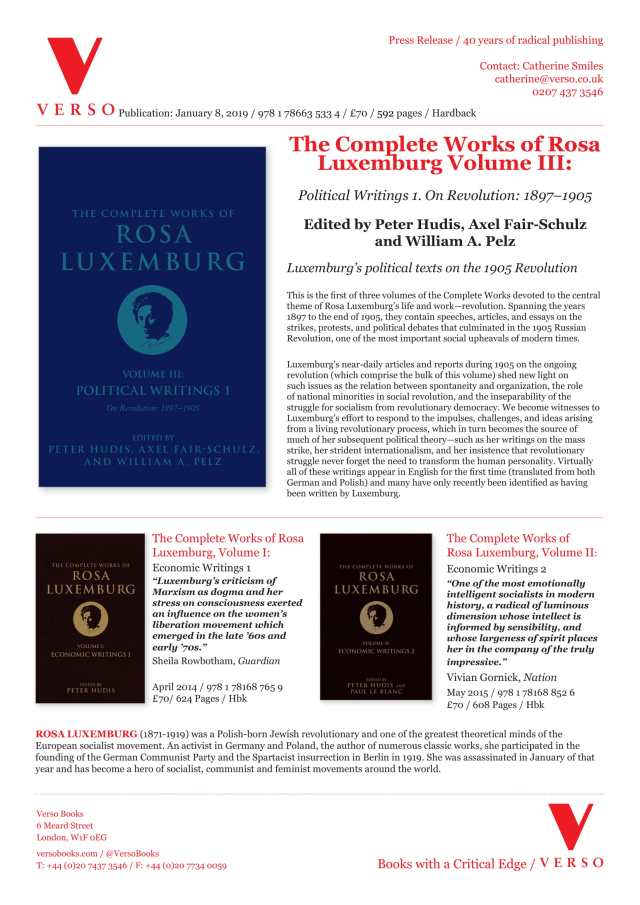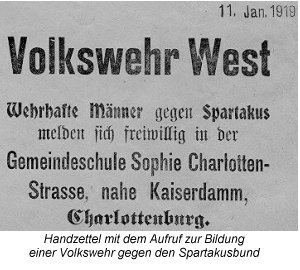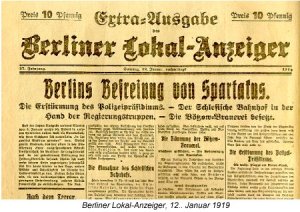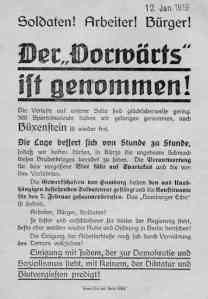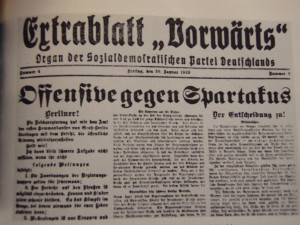International Rosa Luxemburg Conference
Founded 1980 by Prof. Dr. Narihiko Ito (Tokyo)
Rosa Luxemburg and Her Ideas: Engaging the Left and Impacting the World
26 – 29 April, 2018 – Chicago (USA)
Conference Language: English
Rosa Luxemburg dedicated her life to the fight against war, poverty, exploitation and any kind of suppression. Yet today in the age of neo-liberalism, we have the same problems as in the beginning of the 20th century. Luxemburg, a versatile Marxist theoretician, excellent journalist, and effective agitator has left us a body of work that may support and impact on the present left. We invite you to present relevant papers on the life and work of Rosa Luxemburg and her close comrades.
Organizer: International Rosa Luxemburg Society:
Chairs:
– Prof. (pens.) Dr. Sobhanlal Datta Gupta, Kolkata, India,
– Prof. Dr. William A. Pelz, Chicago, Illinois, USA,
– Prof. Dr. Pablo Slavin, Mar del Plata, Argentina.
Co-Sponsor: Rosa Luxemburg Foundation, Office New York:
– Dr. Albert Scharenberg, Co-Director, Rosa Luxemburg Stiftung, New York, USA
Send paper proposals by 31 December 2017 with abstract of 300-500 words, paper title and short vita to Ottokar Luban, Voluntary Secretary: oluban@gmx.de with a copy to William A. Pelz, bpelz@elgin.edu A very limited number of travel grants will be available, please indicate if you would like to apply for one.
Registration [Free]:
Ottokar Luban, Berlin, Germany: oluban@gmx.de
http://www.internationale-rosa-luxemburg-gesellschaft.de/
Recent Publications on Rosa Luxemburg and her Group and Party
ENGLISH
The Complete Works of Rosa Luxemburg
Volume 1: Economic Writings I, edited by Peter Hudis, London / New York November 2013, Hardback, 464 pages, ISBN: 9781844679744
Volume II: Economic Writings 2, edited by Peter Hudis and Paul LeBlanc, London / New York 2015, Hardback, 576 pages; ISBN: 9781781688526
Rosa Luxemburg (1871–1919) is widely regarded as one of the most creative writers of modern socialism and the foremost female theoretician of European radicalism. Her wide-ranging and incisive works, which include studies on capitalism’s inherent drive for global expansion, the relation between spontaneity and organization, and the inseparability of democracy and socialism, have made her a pole of attraction for theorists and activists around the world. Her fiercely independent intellect and uncompromising defense of human liberty speaks more powerfully to our era than to any other.
Volume II contains a new English translation of Luxemburg’s most important book, her theoretical masterpiece, The Accumulation of Capital (1913) as well as her response to its critics. Taken together, they constitute one of the most important Marxist studies of the globalization of capital.
The Letters of Rosa Luxemburg. Edited by Annelies Laschitza, Georg Adler, and Peter Hudis. Translated by George Shriver, Verso Publisher’s House New York / London 2011, ISBN-13: 978-1-84467-453-4
Red Rosa. A Graphic Biography of Rosa Luxemburg, written and illustrated by Kate Evans, edited and with an afterword by Paul Buhle, London /Brooklyn, N.Y., 2015. ISBN-13: 978-1-78478-099-9
Sobhanlal Datta Gupta: Rosa Luxemburg, Seribaan Publisher House Kolkata, India, 2015, Part I of the Series “The Socialist Vision and the Silenced Voices of Democracy: New Perspectives”. ISBN: 81-87492-51-1
Clara Zetkin. Letters and Writings. Revolutionary History, New Series, No. 1, Merlin Press London 2015, ISBN 978-0-85036-720-1
Ralf Hoffrogge, Norman LaPoerte (ed.): Weimar Communism as Mass Movement, 1918 – 1932, Lawrence & Wishart Chadwell Heath, UK, 2017, ISBN 9781910448984
GERMAN
Rosa Luxemburg. Gesammelte Werke. Band 6, 1893 bis 1906, hrsg. von Annelies Laschitza und Eckhard Müller. Karl Dietz Verlag Berlin 2014. 992 Seiten, Hardback. ISBN 978-3-320-02301-0
Rosa Luxemburg: Gesammelte Werke, Bd. 7/1 und 7/2, 1907 bis 1918, hrsg. von Annelies Laschitza und Eckhard Müller, Karl Dietz Verlag Berlin 2017, insges. ca. 1.300 Seiten, Hardback. Bd. 7/1: ISBN 978-3-320-02332-4, Bd. 7/2: ISBN 978-3-320-02333-1
Rosa Luxemburg: Arbeiterrevolution 1905/06. Polnische Texte, hrsg. u. übers. v. Holger Politt, Berlin 2015
Rosa Luxemburg: Nach dem Pogrom. Texte über Antisemitismus, 1910/11, hrsg. und aus dem Polnischen übersetzt von Holger Politt, Potsdam 2014
Rosa Luxemburg: Nationalitätenfrage und Autonomie, hrsg. und übersetzt von Holger Politt, Berlin 2012
Marga Voigt (Hg.): Clara Zetkin. Die Kriegsbriefe (1914 -1918), Berlin 2016, ISBN 978-3-320-02323-2
Heinz Deutschland (Hg.): Käte und Hermann Duncker. Ein Tagebuch in Briefen (1894 – 1953), incl. USB-Card mit dem vollständigen Briefwechsel, Berlin 2016, ISBN 978-3-320-02314-0
Paul Frölich: Im radikalen Lager. Politische Autobiographie1890 – 1921. Hrsg. von Reiner Tosstorff, Berlin 2013, Hardcover, ISBN 978-3-86163-147-7
Elisabeth Benz: Ein halbes Leben für die Revolution. Fritz Rück (1895-1959).
Eine politische Biografie, Essen 2014, ISBN 978-3-8375-1293-9
Ulrich Weitz: Der Mann im Schatten – Eduard Fuchs, Sitten-Fuchs, Sozialist, Konspirateur, Sammler, Mäzen, Berlin 2014, ISBN 978-3-320-02299-0
FRENCH
Journal Agone No. 59, 2016
Révolution et démocratie. Actualité de Rosa Luxemburg
ISBN : 9782748902297, 20.00 € , Coordination : Éric Sevault & Philippe Olivera
Ce numéro de la revue Agone s’inscrit dans la continuité du travail entrepris par les éditions Agone et le collectif Smolny pour la publication des œuvres complètes de Rosa Luxemburg, dont quatre volumes sont déjà parus. Il reprend la plupart des interventions de la conférence organisée à Paris en octobre 2013 par la Société internationale Rosa Luxemburg.
Sommaire :
– Alexeï Gusev: Rosa Luxemburg et la démocratie socialiste. Un jalon essentiel dans l’histoire de la pensée marxiste,
– Ottokar Luban: La spontanéité créative des masses selon Rosa Luxemburg,
– Michael Löwy: “Le coup de marteau de la révolution” La critique de la démocratie bourgeoise chez Rosa Luxemburg,
– Sobhanlal Data Gupta La démocratie révolutionnaire chez Rosa Luxemburg à la lumière de sa correspondance,
– Claudie Weil: Les libertés contre les droits : nation et démocratie chez Rosa Luxemburg,
– Ben Lewis: Rosa Luxemburg et la République,
– David Muhlmann: Du contenu de la démocratie socialiste,
– Isabel Loureiro: Une démocratie par l’expérience révolutionnaire. Lukacs, lecteur de Rosa Luxemburg,
– Jörg Wollenberg: Rosa Luxemburg et la “liberté de ceux qui pensent autrement”. Le groupe Neuer Weg et l’édition de la Révolution russe à Paris en 1939,
– Frigga Haug: Sur les traces de Rosa Luxemburg, pour une démocratie par le bas.
Projet de Collectif Smolny – Éditions Agone
OEuvres complètes der Rosa Luxemburg
voir: http://www.collectif-smolny.org/article.php3?id_article=1977
VOLUMES PARUS
– Tome I : Introduction à l’économie politique, Préface de Louis Jnover
[Octobre 2009]
– Tome II : Ã l’école du socialisme Postface de Michael Kraetke
[Octobre 2012]
– Tome III : Le Socialisme en France ( 1898 – 1912) Préface de Jean-Numa Ducange )
[Octobre 2013
– Tome IV : La brochure de Junius, la guerre et l’lnternationale ( 1907 – 1916 )
[Octobre 2014]
VOLUMES EN PRÉPARATION
– L’accumulation du capital [2017]
– La Pologne et la Question nationale [2018]
– Colonialisme, militarisme et impérialisme [2019]
– Correspondance complete, premier tome 2017
